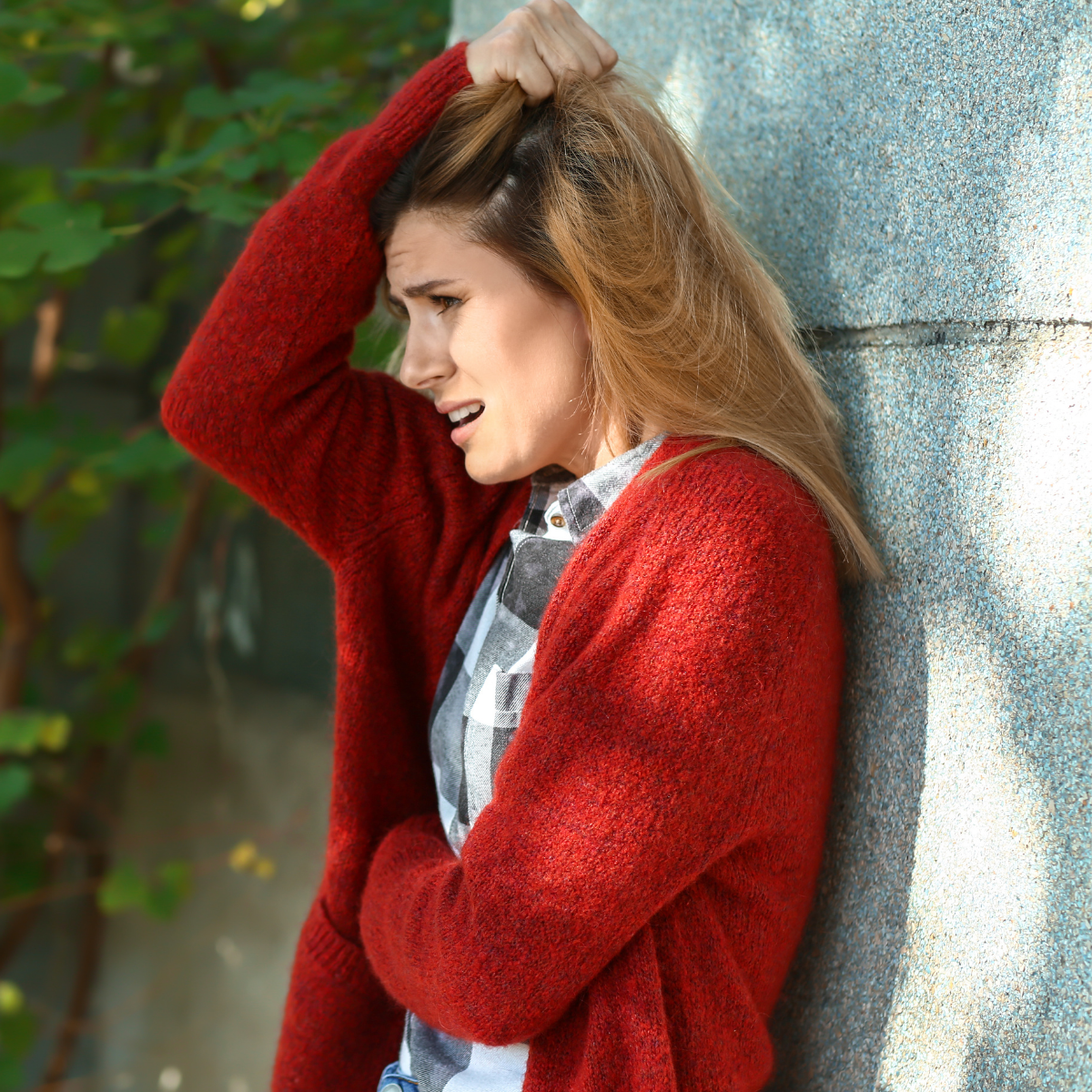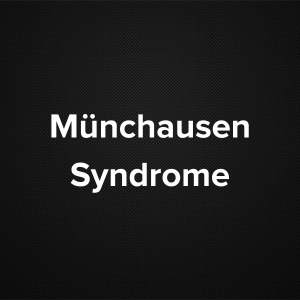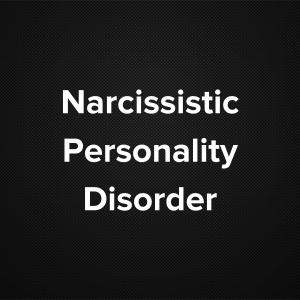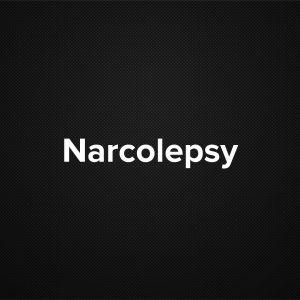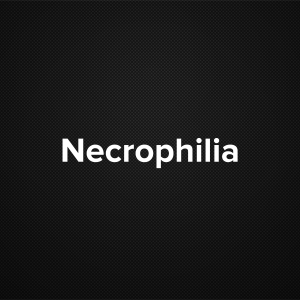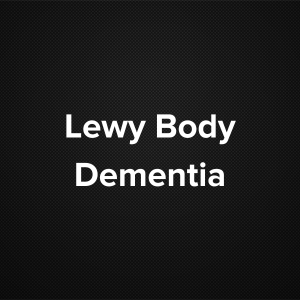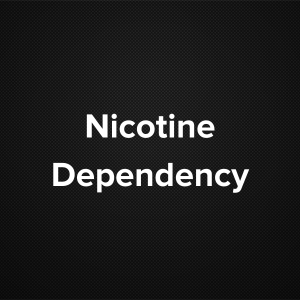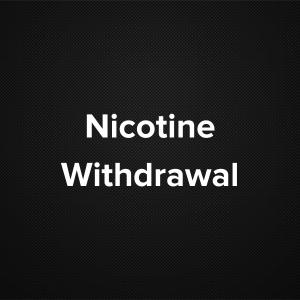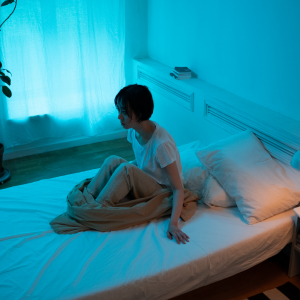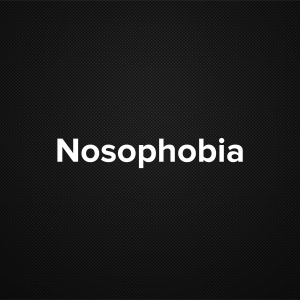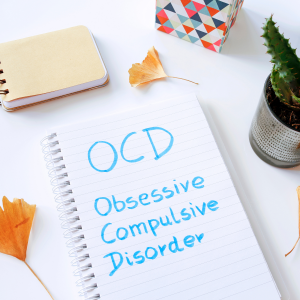Causes and risk factors:
The exact cause of panic attacks and panic disorder is not known. A strong familial history is a major contributing factor. Certain situation like disappointment in love, death of loved ones, financial distress, and sudden change of place, getting married or having a baby can lead to panic attacks. It can be associated with chronic psychariatric disorder. Sudden withdrawal of medications specially the anti psychotics and diseases like thyroid affections, hypoglycemia, and mitral valve prolapse can also trigger panic attacks. Substance abuse like smoking, alcohol and caffeine are other causative factors.
Clinical presentations:
The symptoms of panic attack occur abruptly and at any time. They usually last from 10 min to 30min. A person with panic attack can experience symptoms of sudden palpitation, shortness of breath, sweating, trembling, dryness of mouth, numbness and tingling of the extremities or whole body can be felt. Hot flushes can be felt. The person may feel irritable, scary thoughts can crop into the mind. These repeated attacks can cause derangement of the self confidence of the individual and lead to chronic panic disorders. It can hamper the day to day activities and reduce down the working efficiency. The person tends to avoid socialization (agrophobia) and prefers to remain isolated. The person becomes phobic and suffer from’ fear of fear’ of recurrent panic attacks.
Diagnosis and investigations:
A detail history obtained from the patient and the attended, suffering signs and symptoms along with detailed psychiatric evaluation and physical examination carried out will help in confirming the diagnosis. Certain investigations like routine blood test, ECG, EEG, thyroid test etc can be done to rule other pathologies.
Treatment:
Anti psychotic medications along with psycho counseling and psychotherapies are effective in treating panic disorders. Cognitive behavioral therapies, relaxation technique, meditation, yoga indulgence in certain recreational activities, avoidance of smoking, alcohol and excessive intake of caffeine in combination are recommended.
Other mode of treatment:
The other modes of treatment can also be effective in treating panic disorders. Homoeopathy is a science which deals with individualization and considers a person in a holistic way. This science can be helpful in combating the symptoms.
Recent update:
A study published recently in the Journal of Neuroscience points out to the gene trkC as a factor in susceptibility to a panic disorder.
